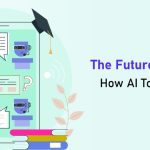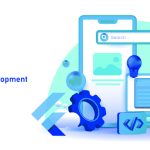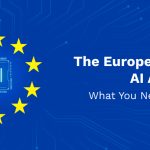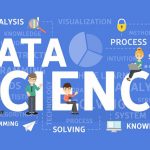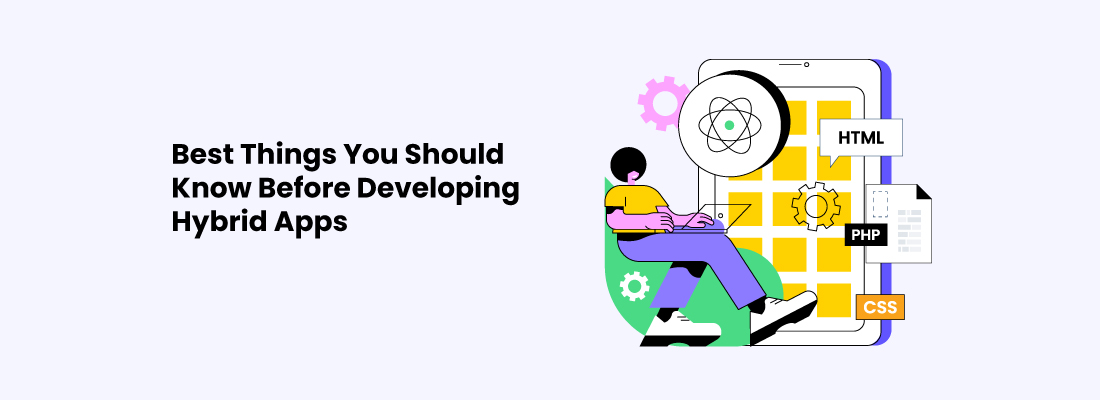The latest news from Google’s artificial intelligence lab, DeepMind, is that they are developing a single algorithm to rule them all.
The system would be able to learn how to emulate any other algorithm and generate an algorithm-equivalent model for real-world data.
This development could have profound implications on the world of AI research and may even herald the arrival of artificial general intelligence (AGI).
In order to achieve their goal, DeepMind wants to combine deep learning with algorithms in one unified framework.
They plan on building a neural network that can learn how to generate its own algorithms based on what it learns from experience with actual data sets.
The hope is that this will enable computers not only to do things faster but also more efficiently, which will allow for a greater economy of resources.
The approach involves unifying the architecture underlying deep learning with that of reinforcement learning, i.e., teaching machines to act by trial and error rather than through programming alone.
This is very much in line with techniques like evolutionary computation (for example GA) where a population of candidate solutions evolves overtime to find the optimal solutions to a given problem.
The hope is that this will enable computers not only to do things faster but also more efficiently, which will allow for a greater economy of resources.
DeepMind has made headlines for some iconic feats in AI research including developing AlphaGo, an algorithm that became the world champion at the game of Go in a five-game match.
This approach could have profound implications on the world of AI research and may even herald the arrival of artificial general intelligence (AGI).
We’re still quite a ways off from seeing this technology in action, but it’s certainly interesting to see what Deep Mind has up its sleeves.
Read More: INDIA INNOVATION ECOSYSTEM: DRIVEN BY KNOWLEDGE-ECONOMY, MARKETPLACE-LED RESEARCH, AND AI





